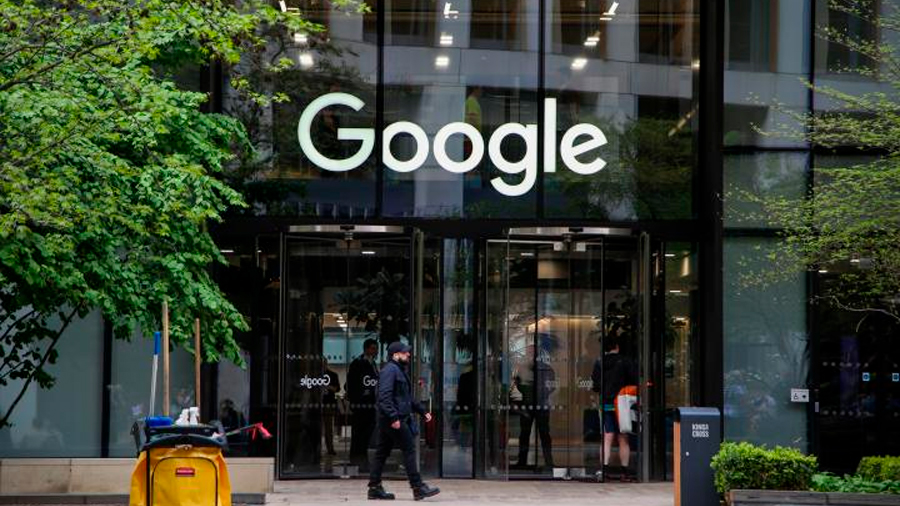It is often said that nobody becomes successful overnight; this is evident in the success stories of several people, especially the biggest brands we know today, including Google. Mention Google today, and even the youngest person on earth knows about it. But it will shock you to know that this multinational tech giant started in a small corner, with only a flicker of hope and determination. This article explores the journey of Google from when everything began till today.
The genesis of Google
This dream began in 1995, when Larry Page and Sergey Brin met at Stanford University, where they initially disagreed but formed a partnership. They built a search engine called Backrub, which used links to determine the importance of individual pages on the World Wide Web.
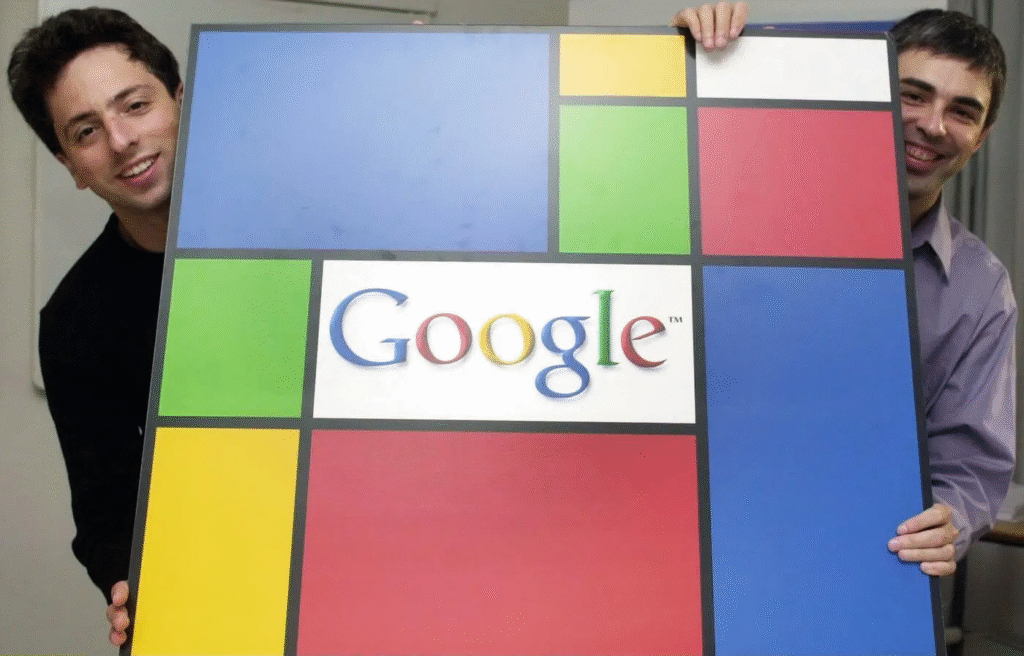
Later, Backrub was renamed Google in 1996 when the duo developed an idea for a more efficient search engine. Google Inc. was officially established on September 4th, 1998, when it was registered with the domain google.com. The name “Google” is a play on words based on “googol,” a mathematical term representing 1 followed by 100 zeros, emphasizing the vastness of information the search engine could catalog.
Google gained attention from the academic community and Silicon Valley investors. In 1998, Sun co-founder Andy Bechtolsheim paid Larry and Sergey $100,000, forming Google Inc. The team moved from dorms to their first office in Menlo Park, California, owned by Susan Wojcicki. The office featured clunky desktop computers, a ping pong table, and bright blue carpet, setting the scene for early days and late nights.
With the release of its first “Doodle” in 1998 and its first Lego-built server, Google took an unorthodox early strategy. The company’s motto encapsulated its values: “Don’t be evil.” As the business grew, it brought on engineers, assembled a sales force, and brought on Yoshka, the first company dog. The company eventually relocated to its current headquarters in Mountain View, California.
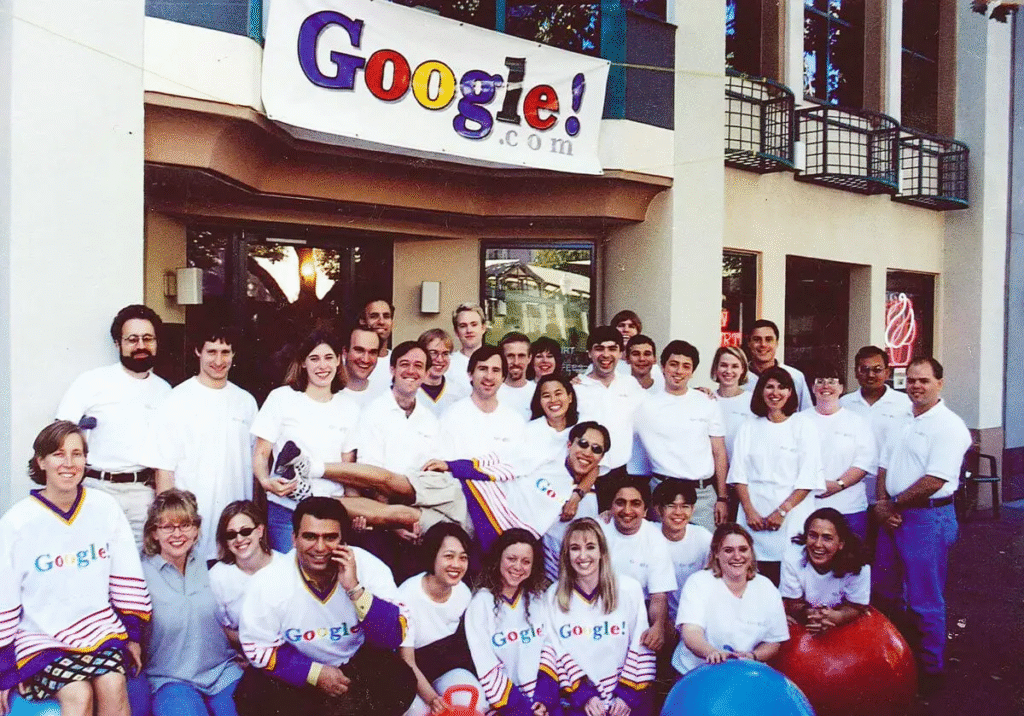
The journey from 2000 to present
In 2001, former Novell CEO Eric Schmidt was brought on board by Larry and Sergey Page and Brin to lead Google. After joining the board of directors and becoming the company’s chairman in March 2001, Schmidt’s vast experience and talent helped the business grow rapidly.
In 2004, Google introduced popular products like Gmail, Docs, and Drive. CEO Schmidt stayed for ten years, stating the company no longer required adult supervision. Schmidt later became vice president and executive chairman, leaving the CEO position open for Page.
Yahoo was the most popular search engine in the world prior to Google taking the top spot. By the year 2000, Google had become the default search engine for Yahoo due to its substantial increase in popularity. Yahoo made a $3 billion deal for Google in 2002, but Google rejected the offer, claiming it was worth $5 billion. Google News, a content aggregation service, revolutionized the online publication and distribution of digital media and became a popular platform for online digital material consumption.
Gmail, Google maps, Google Chrome
In 2004, Google employee Paul Buchheit addressed the company’s storage requirements and internal communication issues by designing a faster and more responsive email service using Ajax. Gmail was launched on April 1, 2004, featuring advanced search, 1 GB of storage, and other features that competitors lacked. Google successfully captivated its billion audiences by offering a massive 1 GB of storage, which was unheard of at the time.
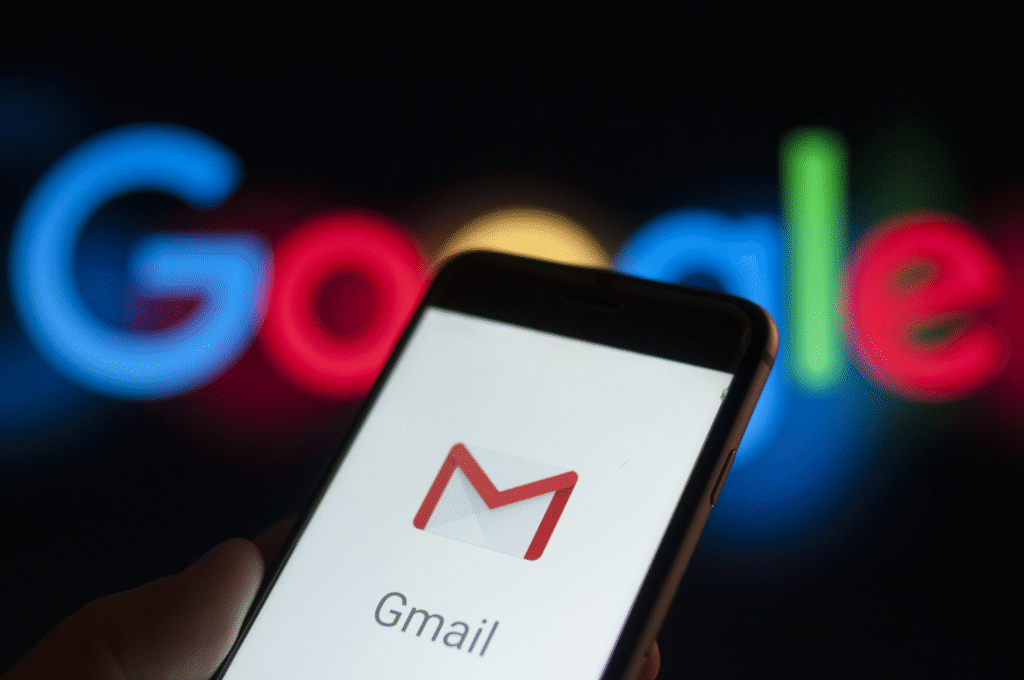
In 2006, the company acquired YouTube. introduced its operating system for mobile devices, Android, powering smartphones and tablets from various companies.
Google launched Google Maps in 2005, and it now receives millions of searches every day. But in 2009, it made GPS navigation for smartphones available, enabling users to fearlessly explore new areas. This major release marked a turning point in Google’s development of its mobile navigation features.
Google hired Mozilla Firefox workers in 2008 to use open source technologies to build a dependable search engine and a fast, stable web browser. This resulted in the creation of Google Chrome, which in just four years rose to the top of the global web browser rankings. Google Search is now the most relevant and widely used program, with Chrome emerging as the company’s main motivator.
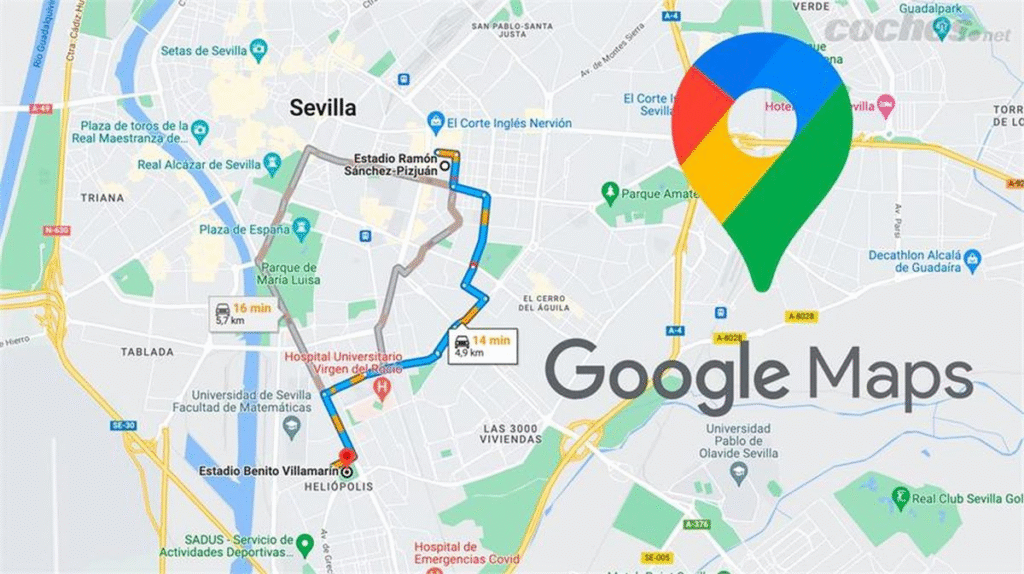
The success story of Google continues to be one of resilience, growth, new technologies, and powerful innovation. Over the years, its passion for building technology for everyone has remained evident with innovations every day. The journey of Google inspires, and certainly, the future holds even more for Google and its users.



